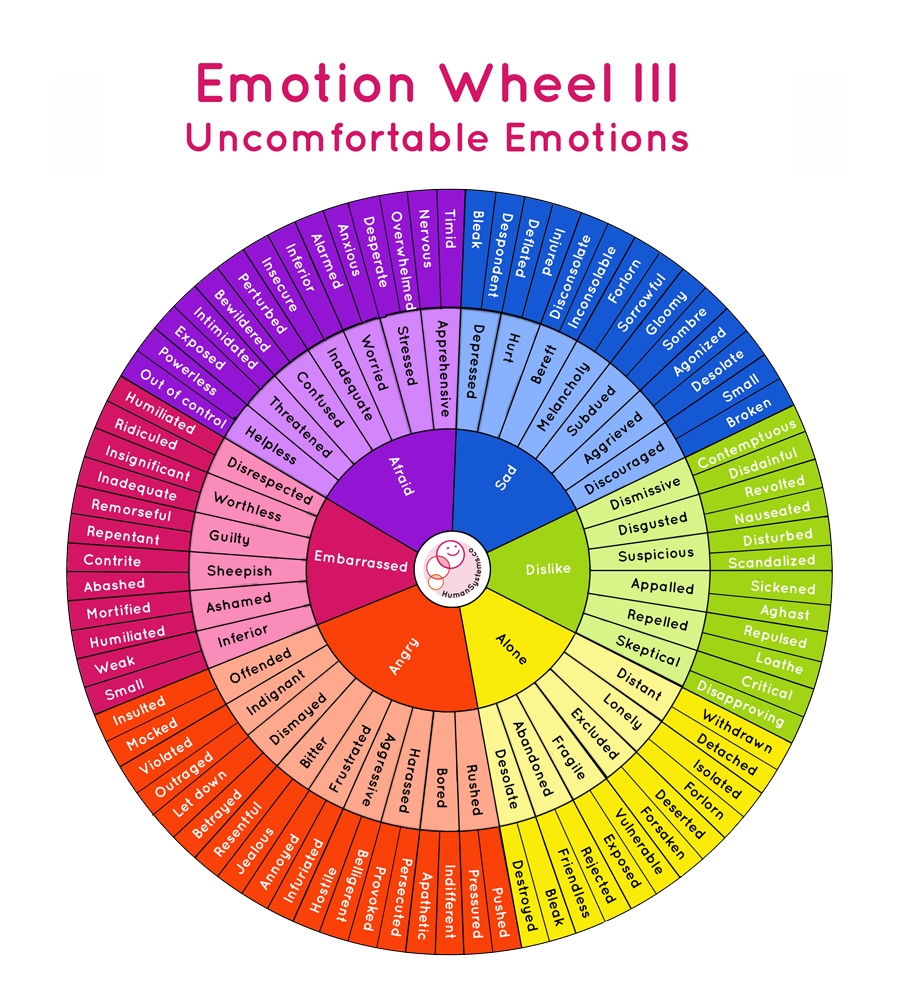Emotional vocabulary plays a crucial role in expressing our feelings and understanding the emotions of others. Having a strong emotional vocabulary can help improve communication, build stronger relationships, and enhance self-awareness. However, many people struggle to accurately label their emotions and may resort to generic terms like “happy” or “sad.” Fortunately, there are ways to strengthen emotional vocabulary and expand your emotional intelligence.
One way to strengthen emotional vocabulary is by actively seeking out new words to describe different emotions. Take the time to explore the nuances of feelings by reading books, watching movies, or listening to music that delve into the complexities of human emotions. Pay attention to how different emotions are portrayed and try to identify words that resonate with your own experiences.
Another effective method is to keep a journal where you can regularly jot down your emotions and the specific sensations associated with them. By putting your feelings into words, you not only enhance your emotional vocabulary but also gain a deeper understanding of your emotional landscape. Reflecting on past entries can also help you track patterns and identify triggers for certain emotions.
Practice expressing your emotions in a more nuanced way by engaging in conversations that require you to delve deeper into your feelings. Instead of simply saying you are “happy,” try to identify if you are feeling content, elated, or grateful. The more you practice using specific emotional vocabulary, the easier it will become to accurately articulate how you are feeling in any given situation.
Lastly, consider seeking out resources or workshops that focus on emotional intelligence and vocabulary building. These programs can provide you with tools and techniques to expand your emotional vocabulary and improve your ability to navigate complex emotional situations. Surrounding yourself with like-minded individuals who value emotional expression can also help you grow and develop your emotional vocabulary.
In conclusion, strengthening emotional vocabulary is a valuable skill that can enhance your communication, relationships, and self-awareness. By actively seeking out new words, keeping a journal, practicing emotional expression, and seeking out resources, you can expand your emotional vocabulary and deepen your emotional intelligence.
